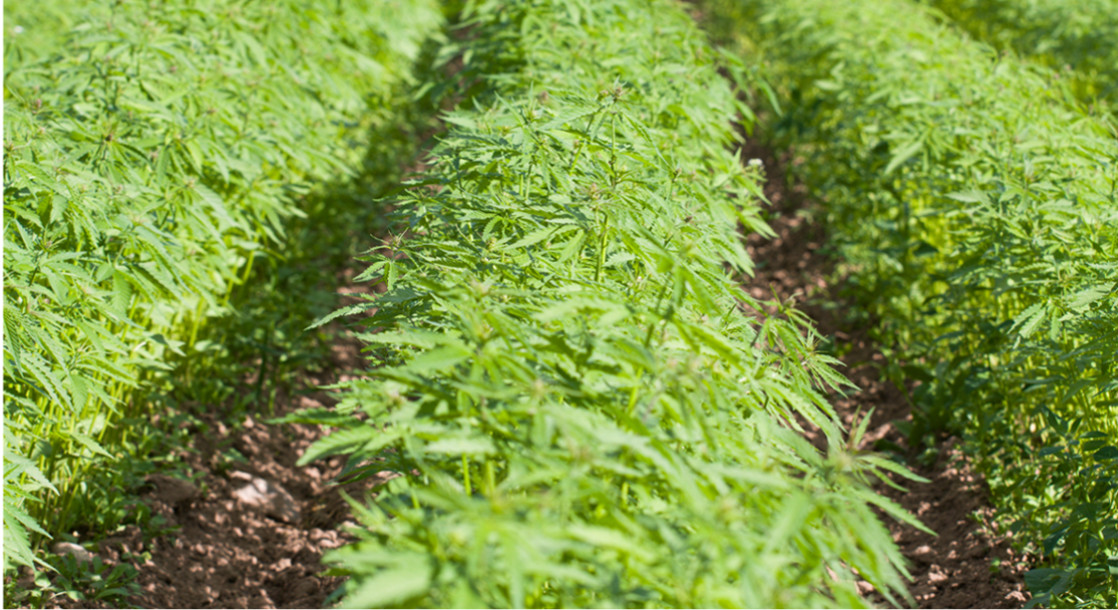Photo via AndrisTkachenko
Hemp has been cultivated by cultures around the world for millennia, grown for its strong fibers and used to make clothing, fuel, paper, rope, and many other of life’s necessities. But hemp cultivation in the U.S. was put to an end in the early 20th century, when the federal government prohibited the cultivation of cannabis, which includes both hemp and marijuana, even though hemp itself isn’t psychoactive. In 2014, the federal Farm Bill finally legalized low-THC hemp, and the majority of U.S. states have now passed laws allowing the cultivation of hemp for research or industrial purposes. Last year, the cultivation of this long-prohibited crop almost tripled, and over 30 universities are currently growing hemp for research purposes.
Co-signing the hemp rush, this week the Alaska House of Representatives voted unanimously to legalize industrial hemp farming in the state. The bill was originally drafted in the state Senate, who unanimously voted to approve the bill last year. State Rep. Harriet Drummond, who supported the bill in the House, said that “the commercial possibilities of hemp are numerous and versatile,” the Juneau Empire reports. State Sen. Shelly Hughes, who drafted the original bill, said that it is “not going to solve our fiscal gap and economic woes, but for a number of individuals, it will create new opportunities.” The bill will now return to the state Senate, who are certain to approve it, before moving on to Gov. Bill Walker, who is expected to sign it into law.
Not only would the law provide a potential boom for Alaska's economy, it would help clarify the legality of hemp-derived CBD medicines in the state. Last year, officials from the Alaska Alcohol and Marijuana Control Office confiscated CBD products from stores throughout the state, claiming that the legality of these products was unclear under state law. Stores in Tennessee and Indiana have also been raided for selling CBD products due to legal ambiguities, and having a law in place that classifies hemp as a legal plant separate from marijuana will help support the sale of CBD-based medicines in these states.
This week, the Missouri House also gave initial approval to a bill that would legalize industrial hemp cultivation in the Show-Me State. Like in Alaska, proponents of the bill argued for that legal hemp would be a development opportunity for farmers and businesses in Missouri. One state Democrat even proposed legalizing marijuana during the debate, but the amendment was ruled out of order. The state House must vote again before the bill can move to the state Senate, but its chances of success may be less likely than Alaska — state Senators failed to vote on a similar bill last year.
If these two states pass their respective bills, they will become the 35th and 36th states to legalize hemp cultivation. Thanks to the Farm Bill, several states are now able to conduct research on the plant that had previously been prohibited. Last year, a research group at the University of California-Davis partnered with Colorado biotech firm Front Range Biosciences to study the genome of hemp. The genomic map that this partnership intends to create can help breed new forms of the cannabis plant tailored specifically for medicinal, nutritional, or industrial purposes.











